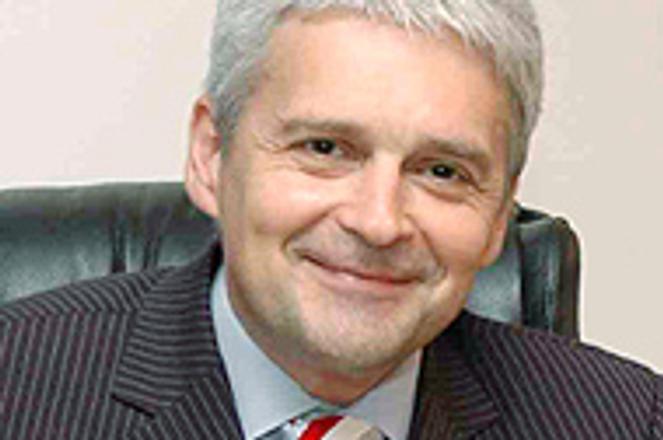Vojislav Milenkovic, connects with our readers as part of The Ambassadorial Club, a regular column in which foreign diplomats are invited to share their experiences of Slovakia with The Slovak Spectator.
I have always found an openness and a warm welcome in Slovakia. The quality of bilateral relations between Slovakia and Serbia and Montenegro springs from the closeness between our mentalities, the similarities between our languages and the historical ties between our two countries. Nor is Slovakia far from my homeland. Since the Hungarians, our common neighbours, finished the highway linking Slovakia to us, one can now reach Belgrade from Bratislava in slightly over five hours.
The Slovak national minority in Vojvodina has a special place in our relations. This ethnic minority could serve as an example to everyone. I have never heard any complaints about its position within society, neither in my homeland nor here in Slovakia. We are quite proud of that fact. If the Slovaks feel happy there, I believe that other minorities will have no reason to feel discontent in my country either. There is no room for quarrels, and we will try to maintain an exemplary attitude towards this issue. We actually devote significant interest to this sphere here in Bratislava. Showing examples of national minorities living in harmony is one of the best ways to reduce xeno-phobia and alienation in modern society.
Among my professional contacts in Slovakia I often meet keen partners who are ready to offer concrete proposals for coope-ration. It sometimes happens that I am not given a meeting with people my office contacts.
I see Slovakia as a country whose people are sympathetic towards the people of Serbia and Montenegro. I have already mentioned some of the roots of this positive sentiment, but it also has a wider and more universal character. I heard a very interesting description of the Slovak language as the Esperanto of Slavic languages. I think this is a very witty and, at the same time, very true hyperbola. Moreover, Slovakia is at the heart of Europe and at the same time at the heart of the community of Slavic nations. Slovaks feel close to the Czechs and Poles as well as other surrounding nations, no matter which direction we look in.
My people and I also feel happy in Slovakia because it is a fast developing country. Experts often hold up Slovakia as an example of macroeconomic growth for all nations stri-ving for Euro-Atlantic integration.
Certainly, life in the post-transformation period does not satisfy everyone. The scarcity of traditional stores with small goods and craft workshops often sur-prises visitors to Bratislava. Without a car it is not easy to get such characteristic commo-dities.
For that matter, fish soup - the Danube specialty of Hungary and northern Serbia - is not easy to find on local boats either.
But the picturesque panorama of the Danube is always available, which pleases someone like me who was born in Belgrade.
The river sym-bolically links our countries.
Vojislav Milenkovic, Ambassador of Serbia and Montenegro


